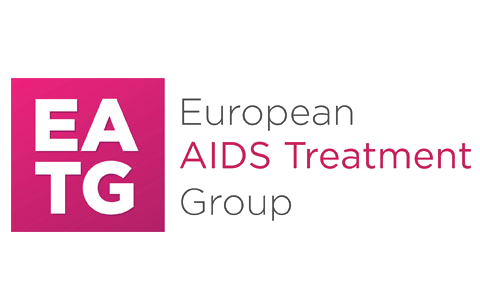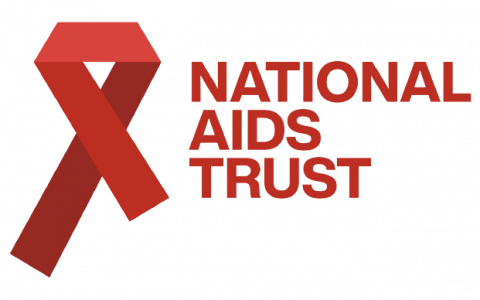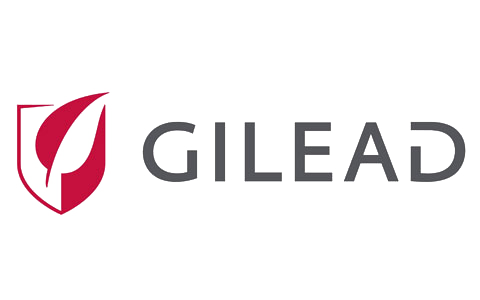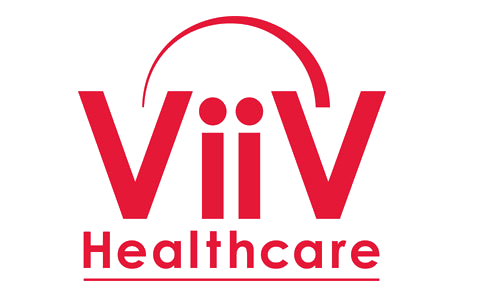A Call to Action for European Policy Makers

On 26 November 2019, HIV Outcomes launched a Call to Action urging European policymakers to take concrete actions to ensure that long-term health outcomes and the quality of life of people with HIV are high on the political agenda.
The Call to Action highlights the value of promoting well-being, preventing comorbidities (co-existing medical conditions) and eliminating stigma and discrimination in improving people’s lives. This will, in turn, help reduce future public expenditure, increase productivity and extend working life.
The Call to Action was launched at the European Parliament event that was hosted by a cross-party group of Members of the European Parliament (MEPs): Frédérique Ries (Renew Europe, Belgium), Sara Cerdas (Socialists and Democrats, Portugal), Petra De Sutter (Greens/EFA, Belgium) and Cristian-Silviu Busoi (European People’s Party, Romania). It has already been endorsed by policymakers from around Europe.
Download the Call to Action as PDF Download the Six Action Points as PDF Join this call to action
The following concrete actions from policy makers are needed to deliver on this agenda
Call on the European Commission to adopt an action plan to support EU Member States in reaching the Sustainable Development Goals (SDG) relevant to HIV and common comorbidities, such as TB and hepatitis. Member States and the Commission should ensure a sufficient level of resources needed to achieve the target within SDG 3 – on health and well-being – of ending the AIDS epidemic by 2030[1].
This should entail:
Achieving the UNAIDS global 90-90-90 goals[2] and moving beyond these to focus on ensuring people living with HIV have good health-related quality of life and that stigma and discrimination are reduced to zero.
Promoting a multidisciplinary, people-centred and outcomes-focused approach to long-term HIV care as people living with HIV require access to a range of health services beyond just HIV treatment, such as services for the prevention, treatment and management of comorbidities, mental health support and sexual health advice.
Call on the European Commission to mandate the European Centre for Disease Prevention and Control (ECDC) and provide adequate resources to ensure that Member States are collecting data about health system responses to long-term health challenges faced by people living with HIV.
Current monitoring exports should be expanded to reflect the reality of HIV as a long-term condition. For the first time, the 2018 assessment of how countries meet the targets of the Dublin Declaration on HIV[3] collected information on how countries monitor quality of life.
Commission a study from the Parliament’s Research Services to understand the evolution of HIV as a long-term condition and how to ensure healthcare system sustainability given the ageing population and increased comorbidities.
This study would provide policy makers with an evidence base for decision-making, and could form the basis of a Motion for Resolution or other parliamentary act, highlighting the need for continued action to ensure good long-term health outcomes and quality of life for people living with HIV. The findings would also provide learnings for other chronic disease areas.
Call for significant funds to be dedicated to making concrete progress in addressing the long-term health needs of people living with HIV at both the national and local level (see above). This should include specific funding calls under the new Horizon Europe programme (2021-2027) and projects under the EU Health Programme aimed at developing innovative and people-centred approaches to combatting HIV.
Cooperate with Members of national Parliaments to support the HIV Outcomes’ agenda to address issues for people living with HIV at country level. The exchange of best practice is needed among all countries to meet the 90-90-90 goals.
This could entail, for example, meeting MPs from countries in which HIV Outcomes is active together with representatives of these local groups (which currently exist in Italy, Germany, Spain, Sweden and Romania) to gather experience and learnings to then be shared in a pan-European event in the European Parliament.
Hold regular meetings with civil society representatives to increase understanding of the issues at stake for people living with HIV. This would also enable MEPs to draw on expert knowledge to propose EU level initiatives to ensure good long-term health outcomes and quality of life for people living with HIV.
Signatories
1 https://www.un.org/sustainabledevelopment/health/
2 The UNAIDS 90-90-90 goals aim to end the AIDS epidemic by 2030: to diagnose 90% of all people with HIV; to provide ART to 90% of those diagnosed; to achieve viral suppression for 90% of those treated by 2020 (see https://www.unaids.org/en/resources/909090)
3 The Dublin Declaration on Partnership to Fight HIV/AIDS in Europe and Central Asia was signed in February 2004 (see http://www.euro.who.int/en/health-topics/communicable-diseases/hivaids/policy/guiding-policy-documents-and-frameworks-for-whoeuropes-work-on-hiv/dublin-declaration-on-partnership-to-fighthivaids-in-europe-and-central-asia)
A policymaker and want to join this call to action?
Please fill in the form below.







